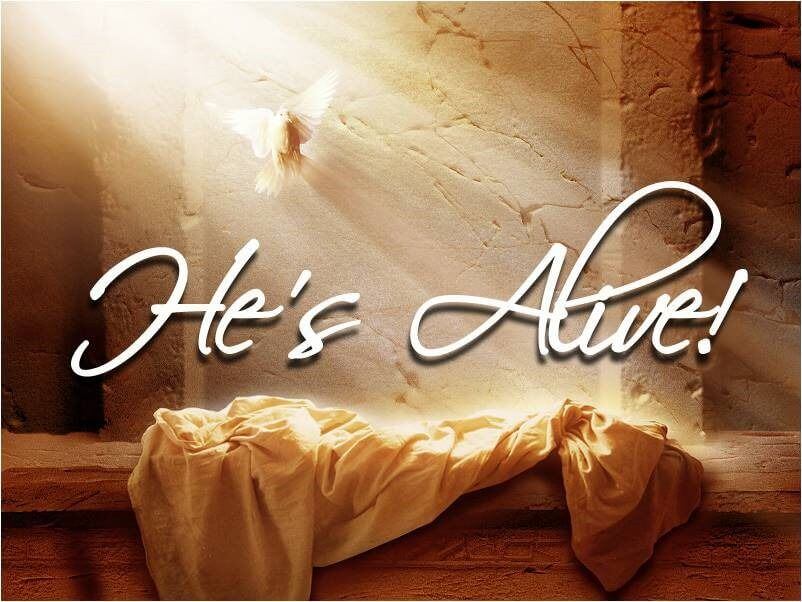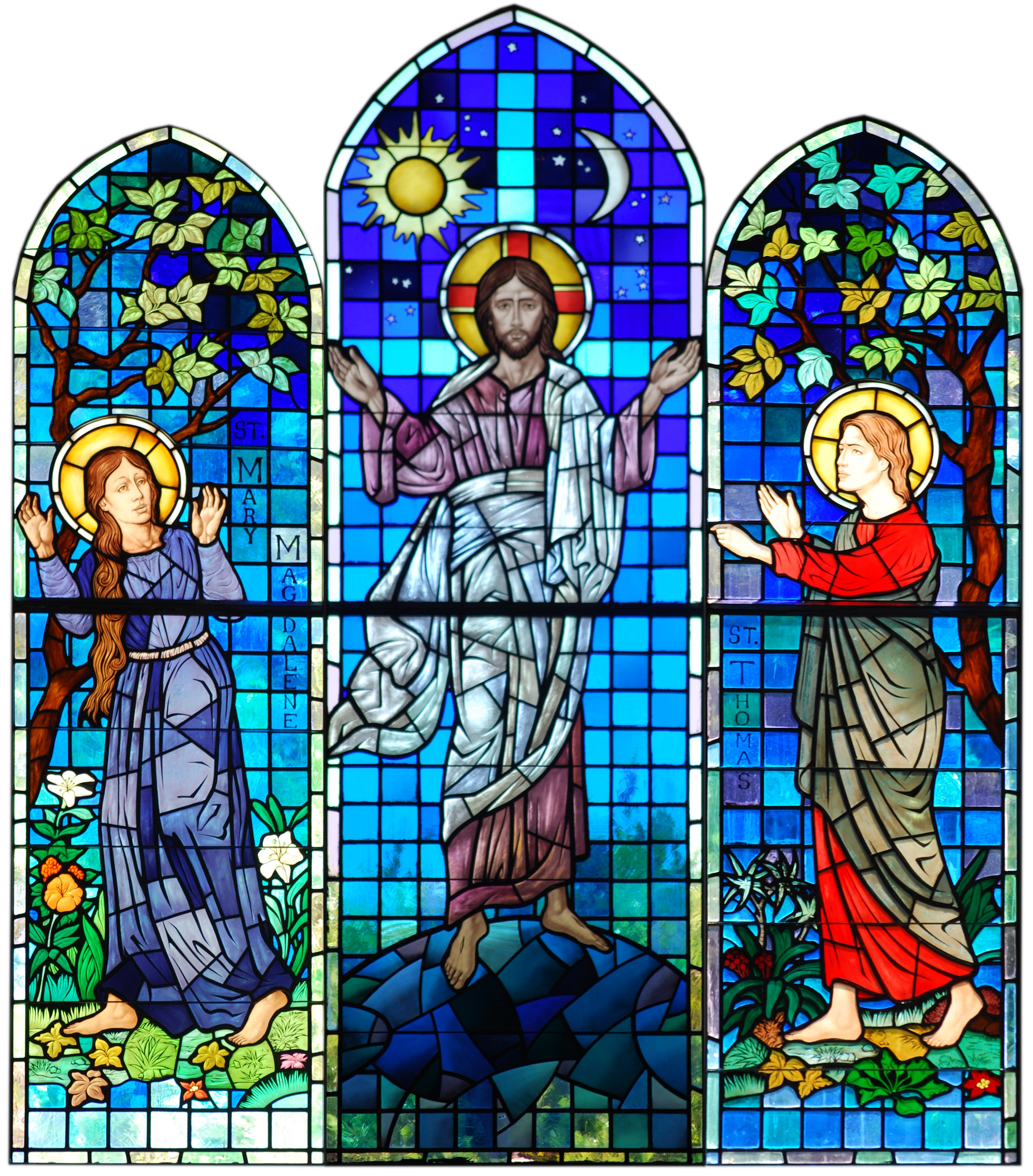Join Us For Holy Week Services Apr 3-9th
/in News, Uncategorized/by StAlbansAdmin
Join Us For Holy Week 2023
Noon Day Prayer
Monday, April 3th, 12 PM
Tuesday, April 4th, 12 PM
Wednesday, April 5th, 12 PM
Maundy Thursday
Thursday, April 6th, 7 PM
Good Friday
Friday, April 7th, 12 PM
Stations of the Cross
Friday, April 7th 8-5 PM

Easter Sunday Service
April 9th, 10:00 AM
